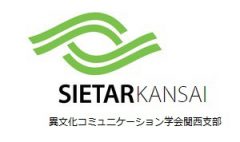The Story of a Hiroshima Hibakusha
A Message of Peace
Ms. Koko Kondo
Ms. Koko Kondo is the youngest survivor of the Hiroshima atomic bombing. After many difficult experiences, she realized that her life’s work must be to become a messenger for peace. She has traveled around the world meeting global leaders and ordinary citizens telling her story in an engaging and personable way.
Today our world is faced with many very difficult challenges, where there is worry about strife and struggle that affect ordinary people. Hearing from Koko Kondo is a great opportunity for everyone to learn about our past. And learning about our past is crucial in building a more positive future as individuals and as a community.
Don’t miss this opportunity!!
Date:Sunday, October 16, 2016 (14:00 ~17:00)
Place: Takatsuki Sogo Shimin Koryu Center
(one minute from JR Takatsuki Station)
Tel. 0726-85-3721
https://www.google.co.jp/maps/place/高槻市立会館総合市民交流センター/@34.852047,135.6169948,17z/data=!3m1!4b1!4m5!3m4!1s0x600102b7d17be1f7:0x46cb9c0e511c312d!8m2!3d34.852047!4d135.6191835
Fee:FREE for all students and for members of SIETAR, JALT, and Japan Society for Multicultural Relations
500 yen for non-members
Language:English
Social event:
We will have a meal after the session at a nearby restaurant. Reservations for dinner required by Wednesday, October 12. Contact fujimotodonna@@gmail.com
